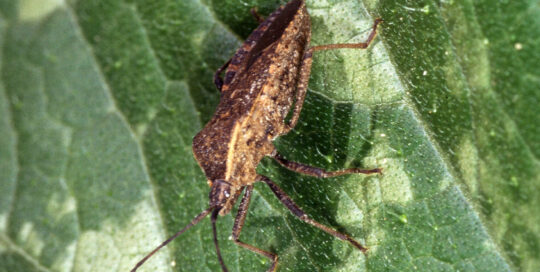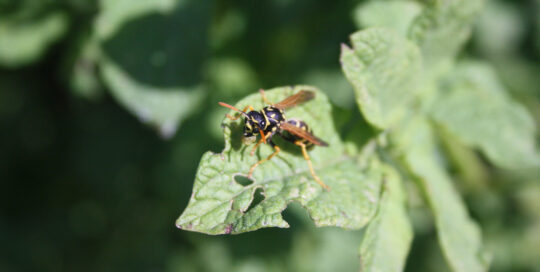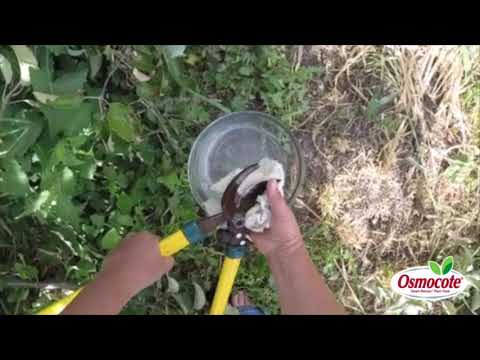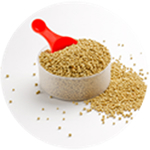Creating an ideal environment for worms in your garden
Views: 1388

Often people forget the importance of having worms in your garden. I had the privilege of speaking at a local food forum this weekend for an energetic and focused group. They want to do as much as they can to help consumers understand where their food comes from. They also educate them to grow it themselves. Part of what they do is provide a place for kids to learn hands-on about everything that has to do with the garden. There were bee demonstrations, an entomology table, another making stamps using vegetables (which was totally cool – I never thought of that), and one on compost featuring lots of worms. Worms are always a big hit with kids. Frankly, I think they should be for us adults, too.
When you have worms, you know you have healthy soil. As they burrow through the earth, they aerate the soil consuming decomposing organic matter along the way, while placing nutrients where the plants can use them the most. We often take them for granted. When you’re creating new beds sometimes they are not there in the numbers you’d like.
Organic Matter
So if you don’t have them in your beds this year, what should do? In short, organic matter is the answer to practically any garden issue. As soon as you can add it to the garden, the better. Truthfully, the best time to have started building up the soil was last fall, but don’t despair. You can do a lot know to increase your worm population and boost soil nutrition levels even this spring.
If you haven’t done so already, add well-aged compost to the bed. Mix it into the top couple of inches of the soil. To provide a food source of some sort, consider creating a feeding station by burying some (if not all) of your kitchen scraps. As long as you don’t have meat, dairy, citrus, or banana peels in the mix, you can dig a hole that will give you at least 3 inches of soil between the food and the top of the soil line, and bury the whole lot of yummy worm treats. They will find it.
Mulch
Use a natural mulch in your garden to encourage worms to take up residence. With straw, grass clippings, or some other natural material, not only does it keep the moisture from evaporating too rapidly, the area of the mulch that touches the soil is slowly breaking down creating an ideal environment for worms.
And when you’re putting down something to keep the weeds at bay in the pathways, use newspaper. For some reason, worms love newspaper. If you apply 6-8 layers of paper, then top with some sort of mulch ( straw, bark chips, grass clippings, etc.) in the pathways. They will be drawn to the newspaper. You can also use newspaper as a temporary weed barrier in between your plants, too. Either place the paper as close as you can to the plants, or cut holes in it to plant through it. By the end of the season, it will be mostly broken down and easy to till into the soil.
Beyond a simple weed-suppressing mulch, if you actively sheet mulch, which is layering carbon loaded and nitrogen heavy materials making an active compost system in our garden. Whether it’s a few inches deep to boost soil health, or a couple of feet high to build a new bed, sheet composting is worm heaven.
Worms are a big deal. If you can’t find dozens when you dig in your garden this spring, consider adding more food sources to your beds to boost their population and productivity.
Meet Amy Grisak
Amy is a freelance author and photographer in Great Falls, MT who specializes in gardening, foods, and sustainable agriculture. She provides information on every kind…
Amy's Recent Posts

Squish Squash Bugs Before They’re a Problem








